Home>Gardening & Outdoor>Landscaping Ideas>What Happens To Grass If You Dont Cut It
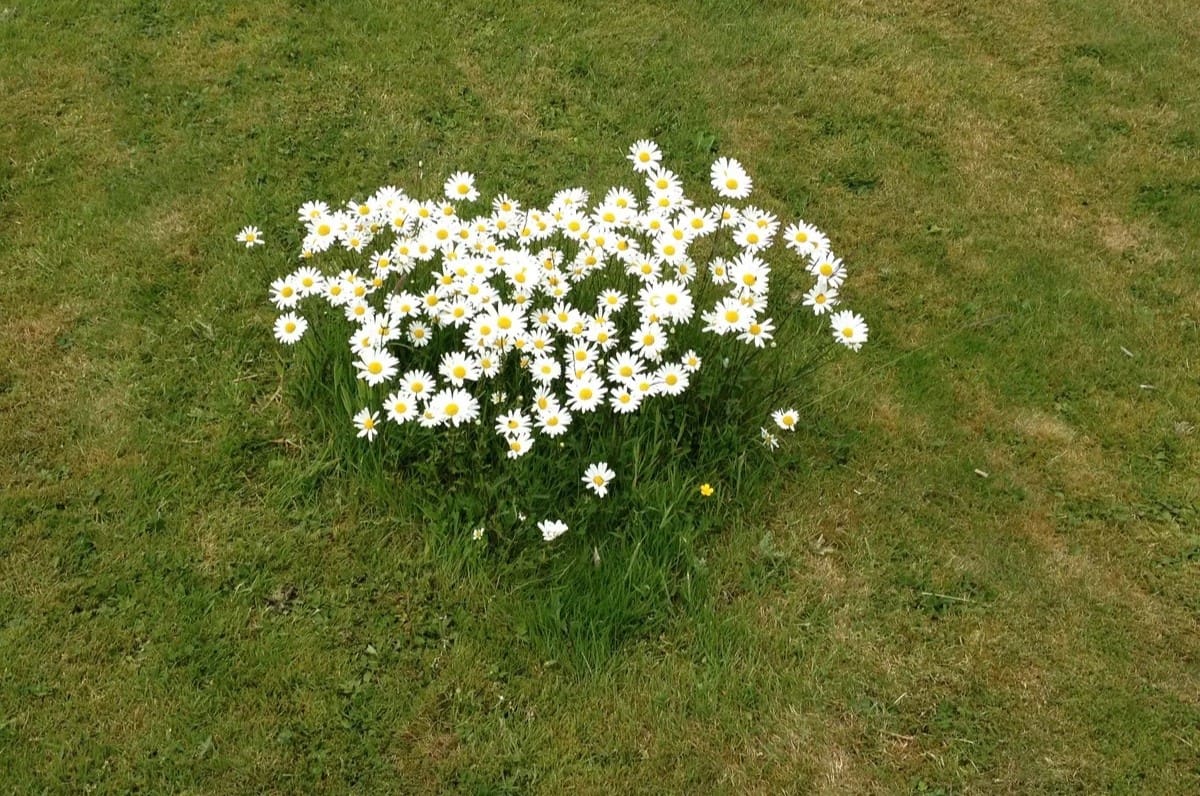

Landscaping Ideas
What Happens To Grass If You Dont Cut It
Modified: October 19, 2024
Learn about the impact of neglecting grass cutting on your lawn and explore landscaping ideas to maintain a healthy and vibrant outdoor space. Discover the consequences of not mowing your grass.
(Many of the links in this article redirect to a specific reviewed product. Your purchase of these products through affiliate links helps to generate commission for Storables.com, at no extra cost. Learn more)
Introduction
Welcome to the wild, wonderful world of uncut grass! Whether you’re a busy bee with little time for lawn maintenance or you simply prefer the rugged, untamed look, it’s essential to understand the potential consequences of letting your grass grow freely. In this article, we’ll delve into the fascinating realm of uncut grass and explore the various effects it can have on your lawn, the environment, and even your well-being. So, sit back, relax, and let’s uncover the mysteries that lie beneath those untrimmed blades!
Key Takeaways:
- Neglecting to mow your grass can lead to overgrowth, weeds, and pests, creating an unkempt and potentially hazardous outdoor environment. Regular mowing and maintenance are essential for a healthy, thriving lawn.
- Uncut grass can deplete nutrients, attract pests, and pose health risks. Maintaining a well-groomed lawn not only enhances the beauty of your outdoor space but also creates a safer and more enjoyable environment for you and your family.
Read more: What Happens To Grass When You Cut It
The Effects of Not Cutting Grass
Allowing your grass to flourish without regular trimming can lead to a myriad of consequences that extend beyond the aesthetic appeal of your lawn. While the idea of a lush, overgrown meadow may seem idyllic, the reality is that neglecting to mow your grass can result in a host of issues that may compromise the health of your lawn and the surrounding environment. Let’s explore the potential effects of letting your grass run wild.
Overgrowth and Weeds
When you neglect to cut your grass, overgrowth becomes a significant concern. The unchecked growth of grass can lead to a tangled, unkempt appearance that detracts from the overall appeal of your outdoor space. Additionally, overgrown grass provides an ideal environment for weeds to thrive. Weeds are opportunistic plants that take advantage of any available space, and when your grass is left unattended, these unwelcome intruders can quickly infiltrate the area, competing with the grass for essential nutrients and water.
Furthermore, overgrown grass and weeds can create a haven for pests and insects, exacerbating the challenges of maintaining a healthy and harmonious lawn ecosystem. By allowing your grass to grow unchecked, you may inadvertently invite a range of unwanted guests into your outdoor sanctuary.
Pests and Insects
Untrimmed grass can attract a variety of pests and insects, posing potential threats to both your lawn and your comfort. Taller grass provides shelter and breeding grounds for pests such as mosquitoes, ticks, and fleas, increasing the risk of insect-borne diseases and discomfort for you and your family. Additionally, overgrown grass can harbor rodents and other small animals that may seek refuge in the dense vegetation, potentially causing damage to your lawn and nearby structures.
Moreover, neglecting to mow your grass can lead to an imbalance in the natural ecosystem of your yard. Beneficial insects, such as pollinators and predatory species that help control pest populations, may be deterred by the overgrowth, disrupting the delicate ecological balance. This can result in a decline in biodiversity and the overall health of your outdoor environment.
By maintaining a well-groomed lawn, you can mitigate the risk of pest infestations and create a more hospitable and harmonious outdoor space for both humans and wildlife.
If you don’t cut grass, it will continue to grow and eventually become overgrown and messy. This can lead to an increase in pests and make it harder to maintain. Regular mowing helps keep the grass healthy and looking neat.
Nutrient Depletion
Uncut grass can lead to nutrient depletion in your lawn, affecting its overall health and vitality. When grass is allowed to grow excessively, it competes with neighboring plants for essential nutrients, water, and sunlight. This competition can result in weakened grass that is more susceptible to disease, drought, and other environmental stressors.
Furthermore, the accumulation of dense thatch, a layer of dead grass and organic matter that builds up on the soil surface, can impede the absorption of nutrients and hinder the penetration of water and air into the soil. This can lead to poor root development and reduced nutrient uptake, further compromising the health of your lawn.
Moreover, the decomposition of tall, uncut grass can contribute to the formation of a thick thatch layer, exacerbating the nutrient depletion and creating an environment conducive to fungal diseases and pest infestations. To maintain a thriving and resilient lawn, regular mowing is essential to prevent the buildup of thatch and promote the efficient distribution of nutrients throughout the soil.
Read more: What Happens If You Touch Grass
Health Risks
Allowing your grass to grow unchecked can pose potential health risks to both you and your family. Taller grass provides an ideal habitat for ticks, fleas, and other pests, increasing the risk of insect bites and potential exposure to vector-borne diseases. Additionally, overgrown grass can conceal hazards such as uneven terrain, debris, or hidden obstacles, posing a risk of trips, falls, and injuries, especially for children and pets who may not easily spot these hazards amidst the tall grass.
Furthermore, untrimmed grass can exacerbate allergies and respiratory issues for individuals sensitive to pollen and other airborne allergens. The accumulation of pollen and mold in overgrown grass can contribute to poor air quality, triggering allergic reactions and respiratory discomfort for those susceptible to environmental allergens.
Moreover, neglected grass can impede proper air circulation and sunlight exposure, creating damp, shaded areas that are conducive to the growth of mold and mildew. These fungal organisms can pose health risks, particularly for individuals with respiratory conditions or compromised immune systems.
By maintaining a well-manicured lawn, you can mitigate these health risks and create a safer, more enjoyable outdoor environment for you and your loved ones.
Conclusion
In conclusion, the decision to forego regular grass cutting can have far-reaching implications, impacting not only the appearance of your lawn but also its health, the surrounding ecosystem, and even the well-being of your household. Overgrown grass can foster the proliferation of weeds, pests, and insects, leading to a compromised outdoor environment. Additionally, nutrient depletion and health risks further underscore the importance of maintaining a well-groomed lawn.
By recognizing the potential effects of neglecting to mow your grass, you can make informed decisions about lawn care and create a more vibrant, resilient outdoor space. Regular mowing, proper lawn maintenance, and proactive pest management can help mitigate these risks, promoting a healthy, thriving lawn that enhances the beauty and functionality of your outdoor living area.
Ultimately, a well-tended lawn not only contributes to the visual appeal of your property but also fosters a safer, more enjoyable outdoor environment for relaxation, recreation, and connection with nature. So, grab your mower, don your gardening gloves, and embark on a journey to cultivate a lush, inviting lawn that flourishes under your attentive care.
Frequently Asked Questions about What Happens To Grass If You Dont Cut It
Was this page helpful?
At Storables.com, we guarantee accurate and reliable information. Our content, validated by Expert Board Contributors, is crafted following stringent Editorial Policies. We're committed to providing you with well-researched, expert-backed insights for all your informational needs.
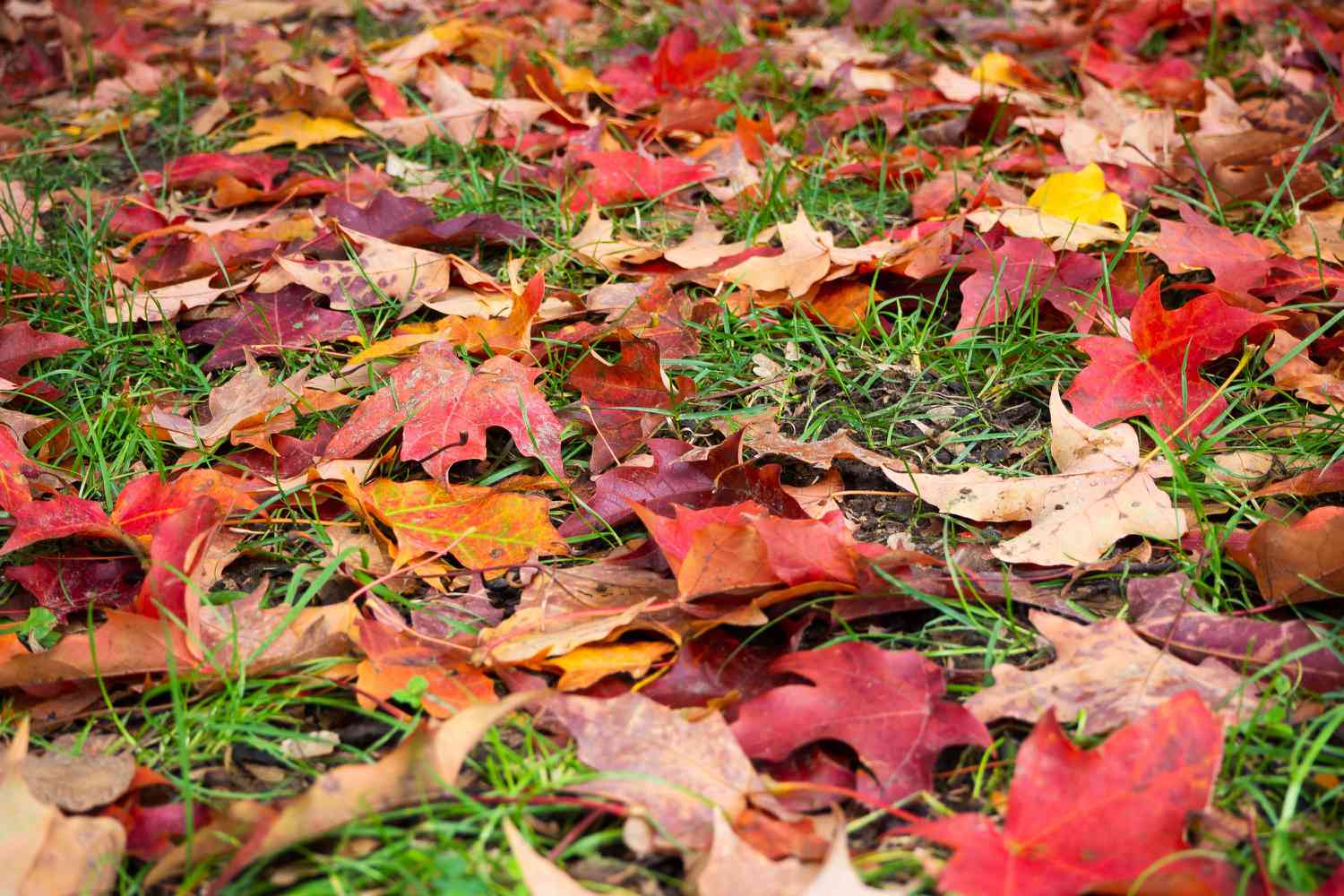

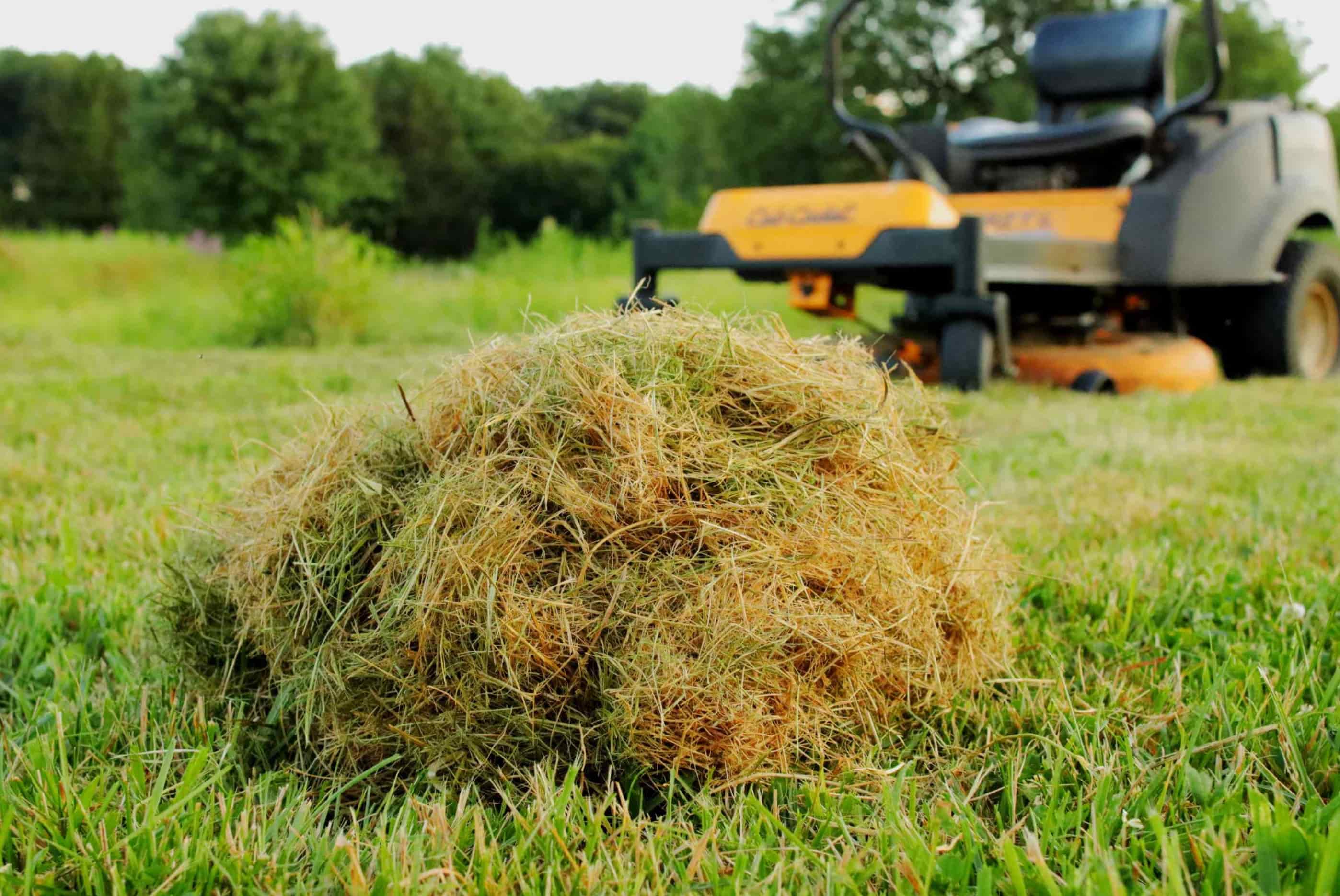
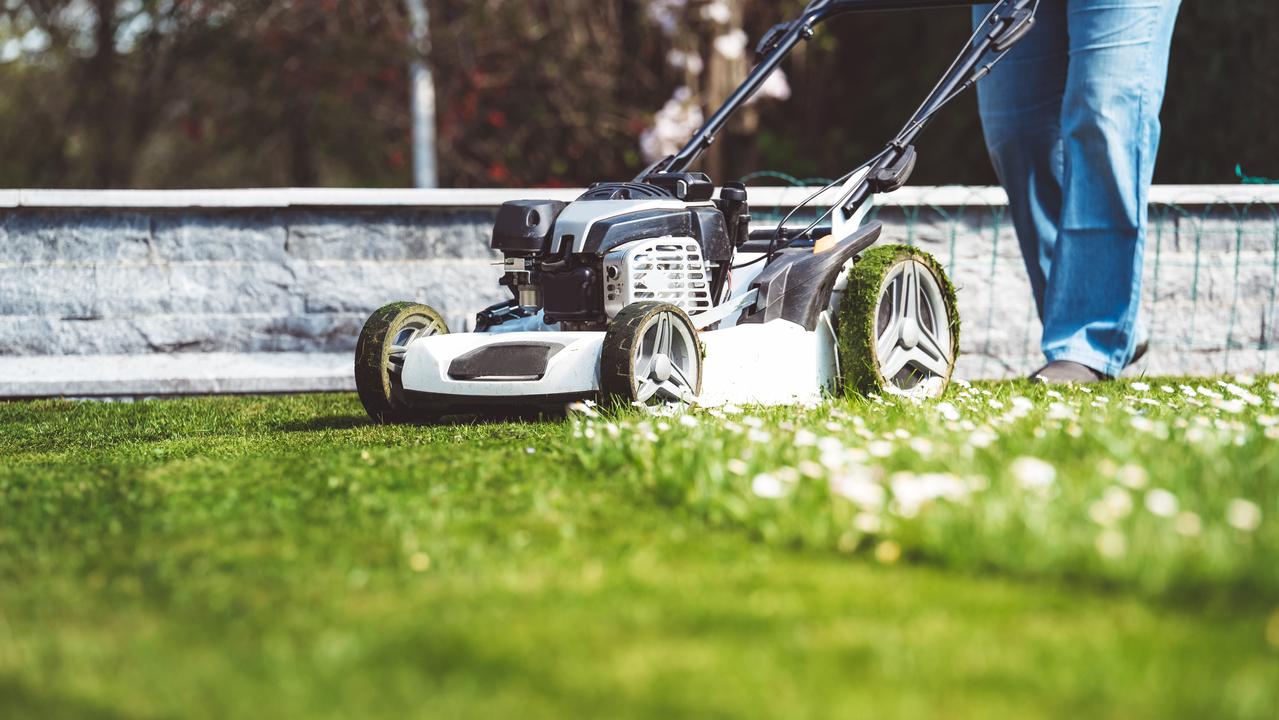
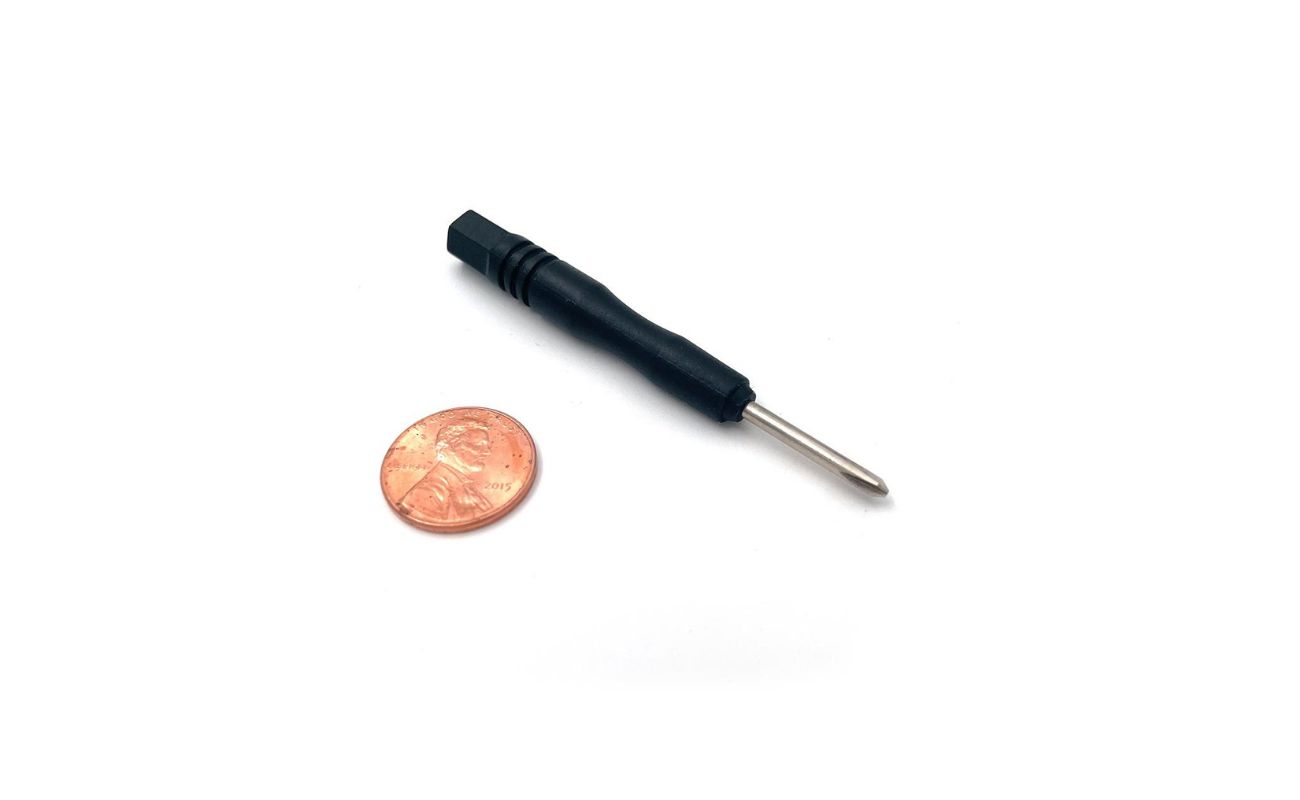
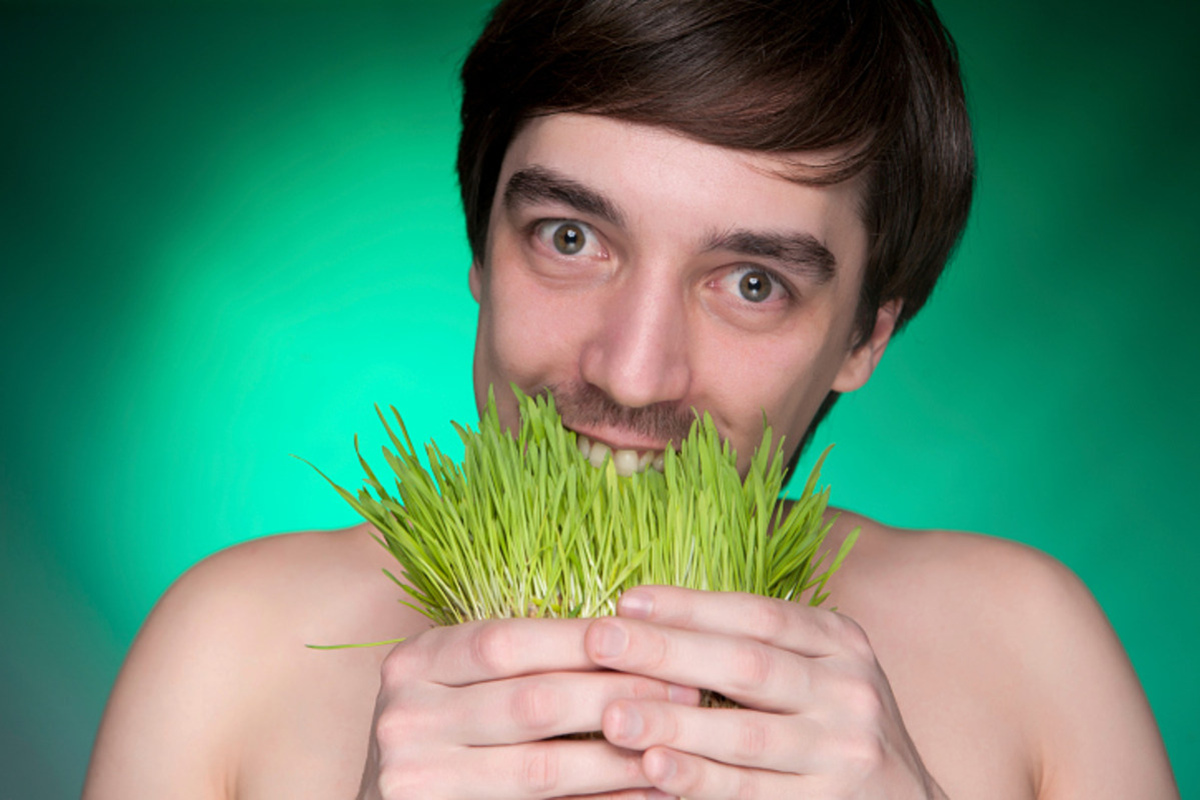
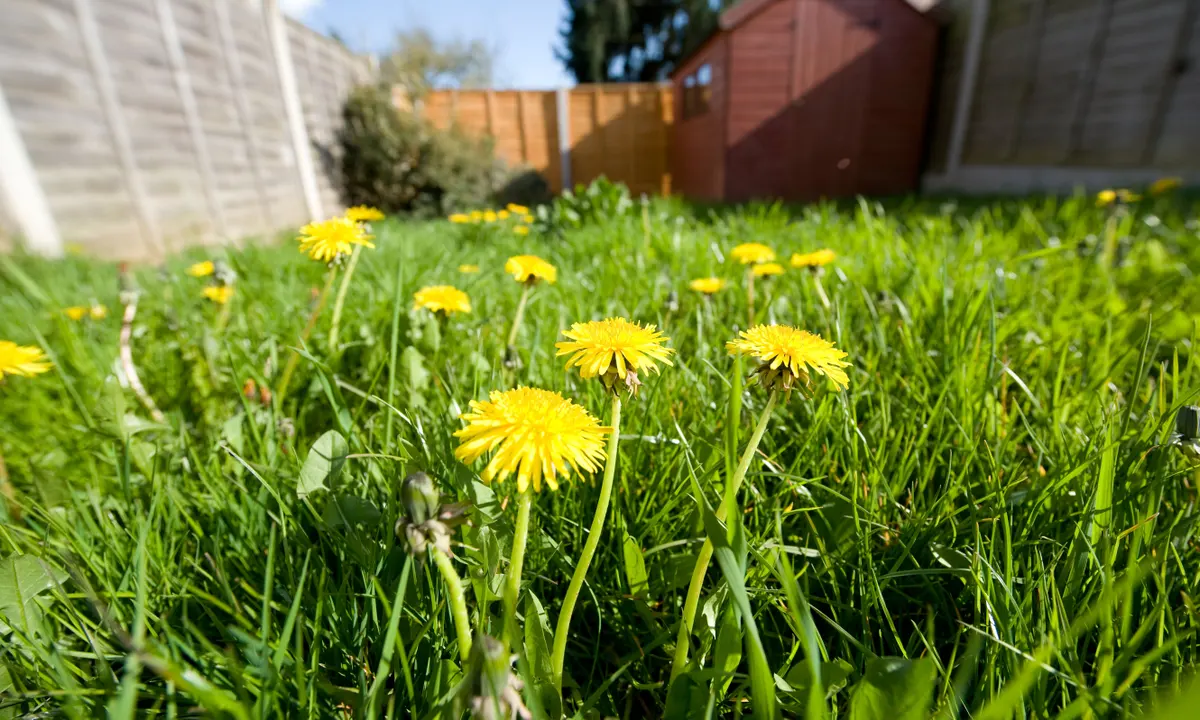
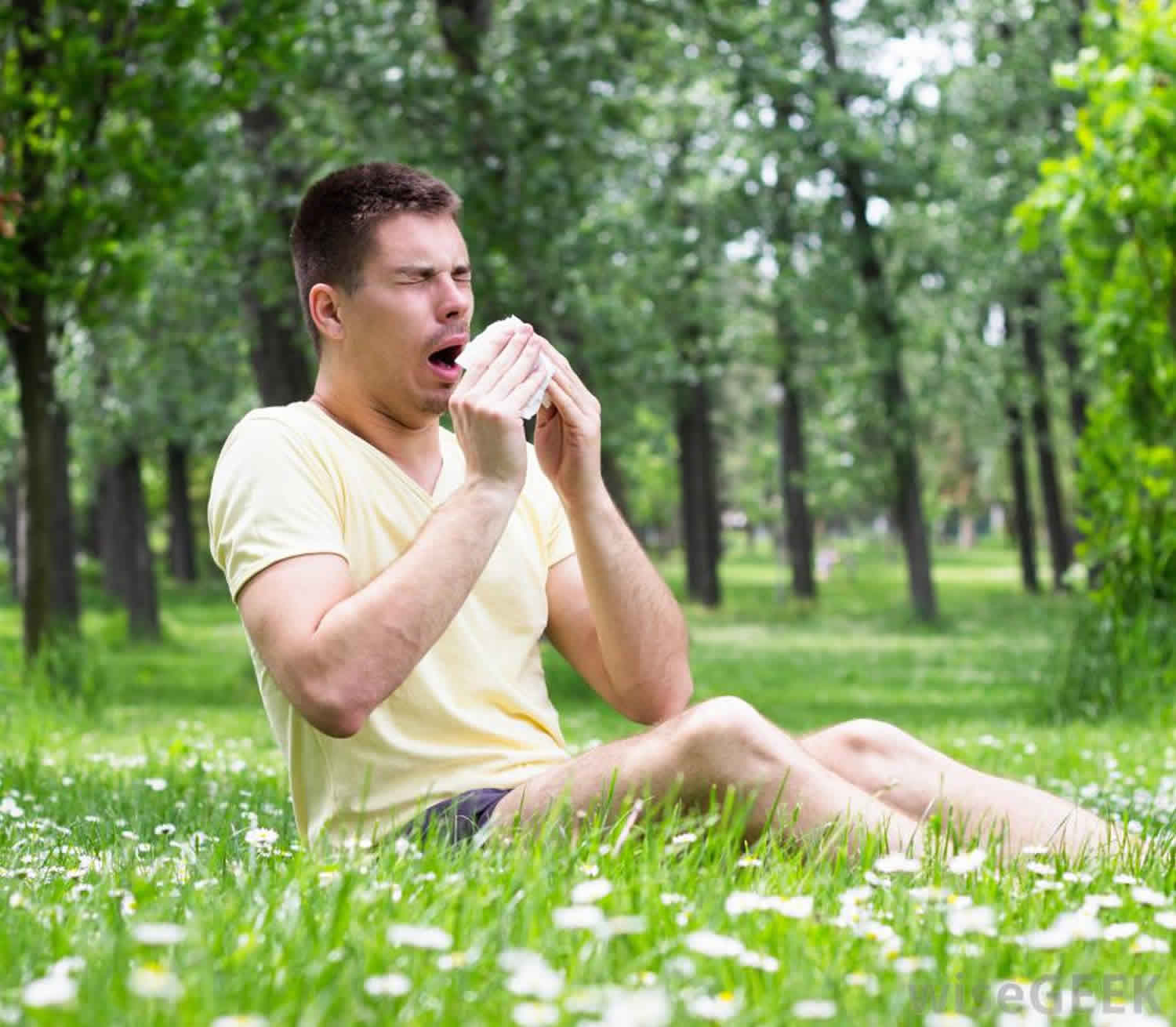
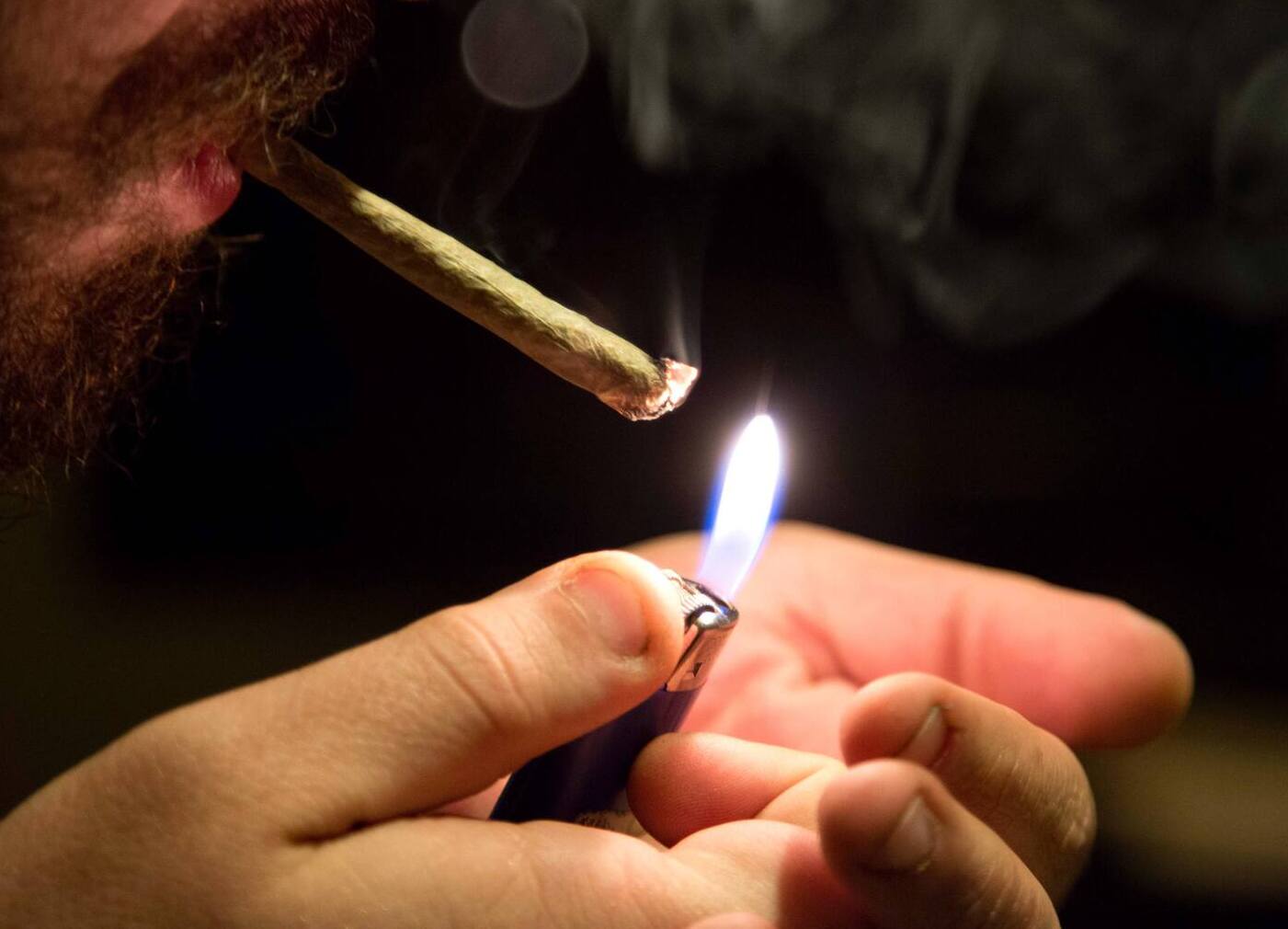
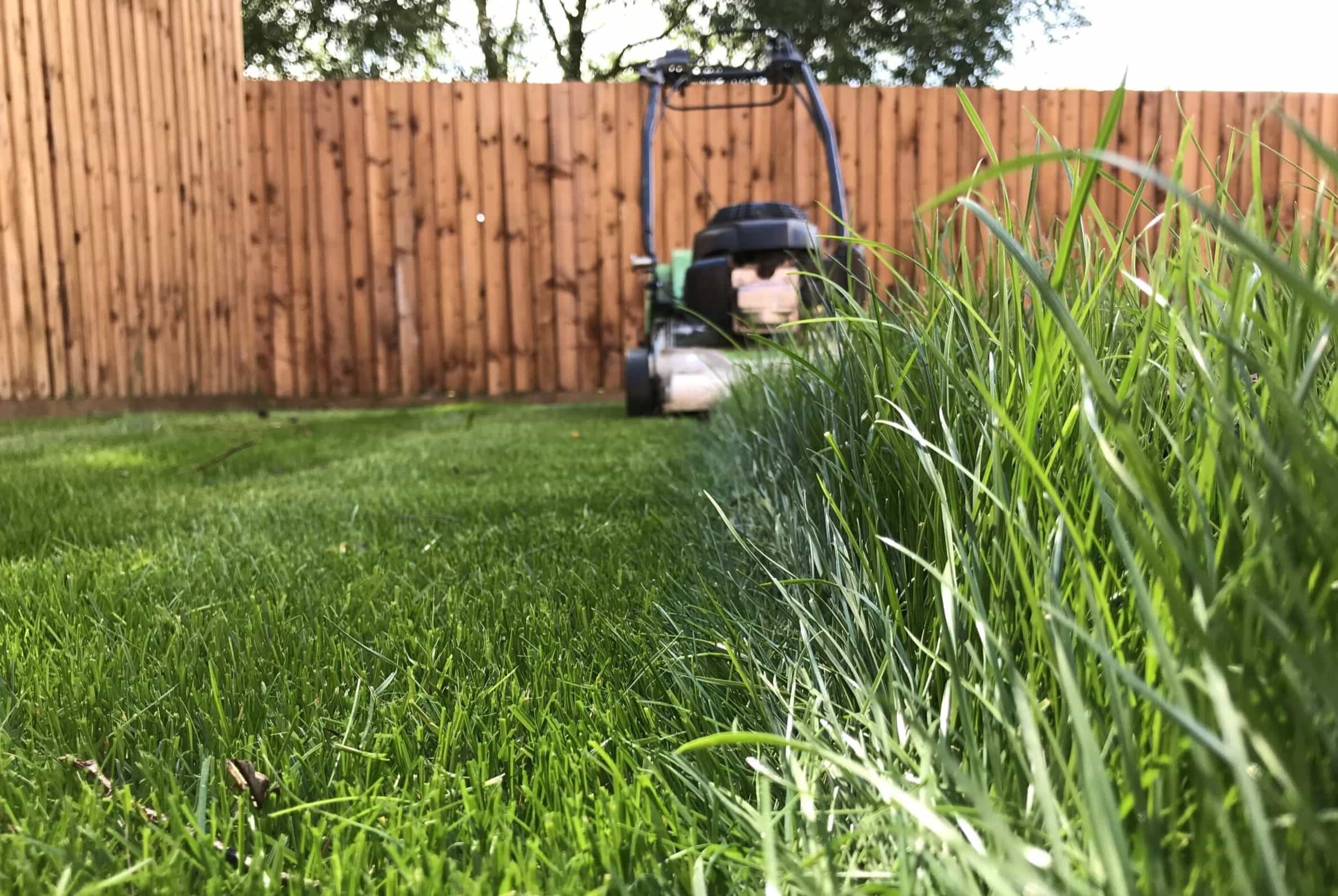
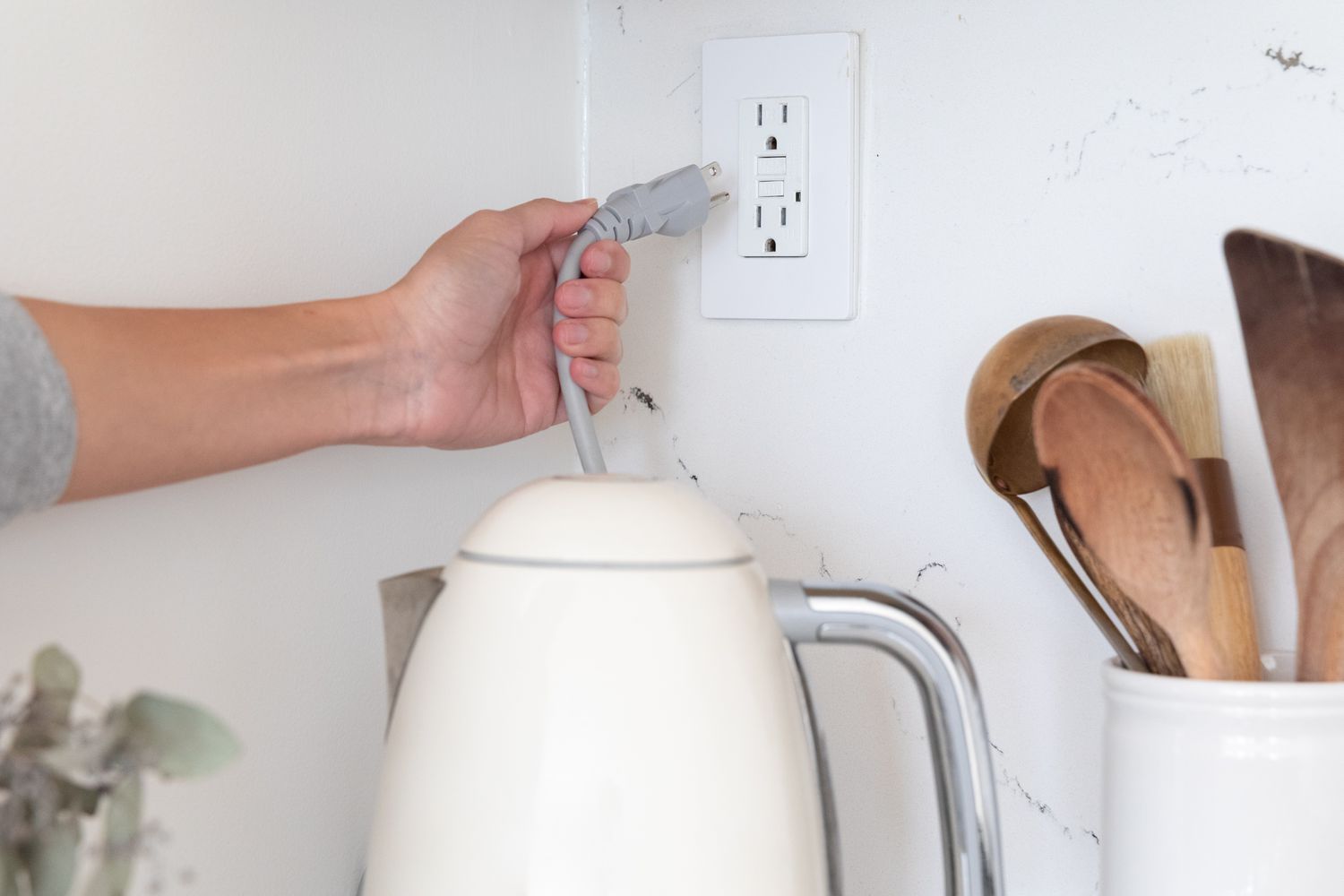
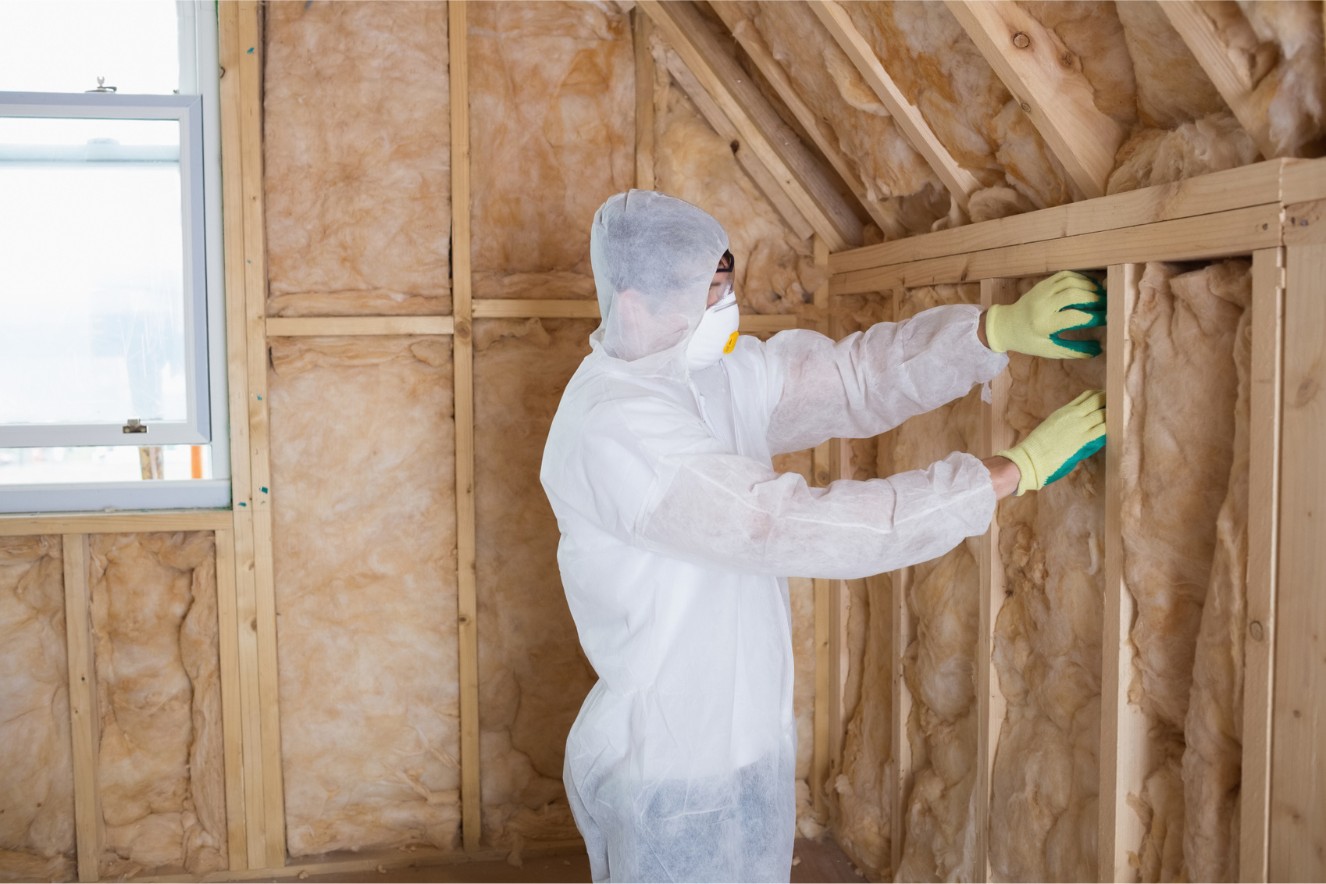
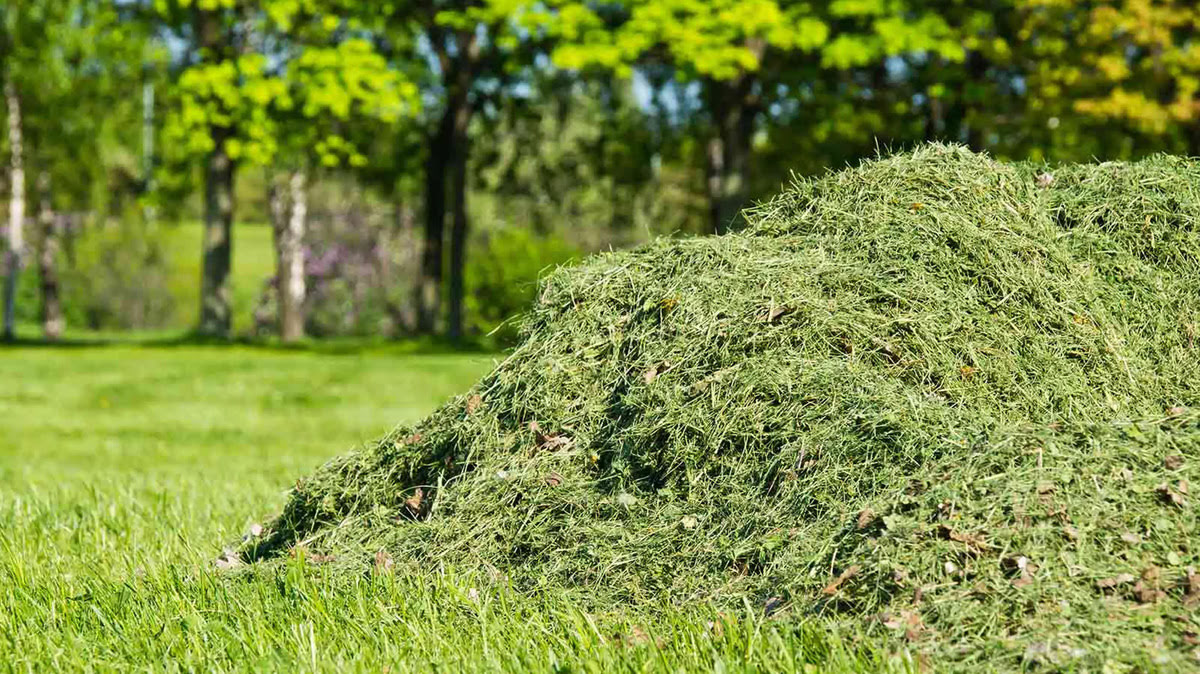
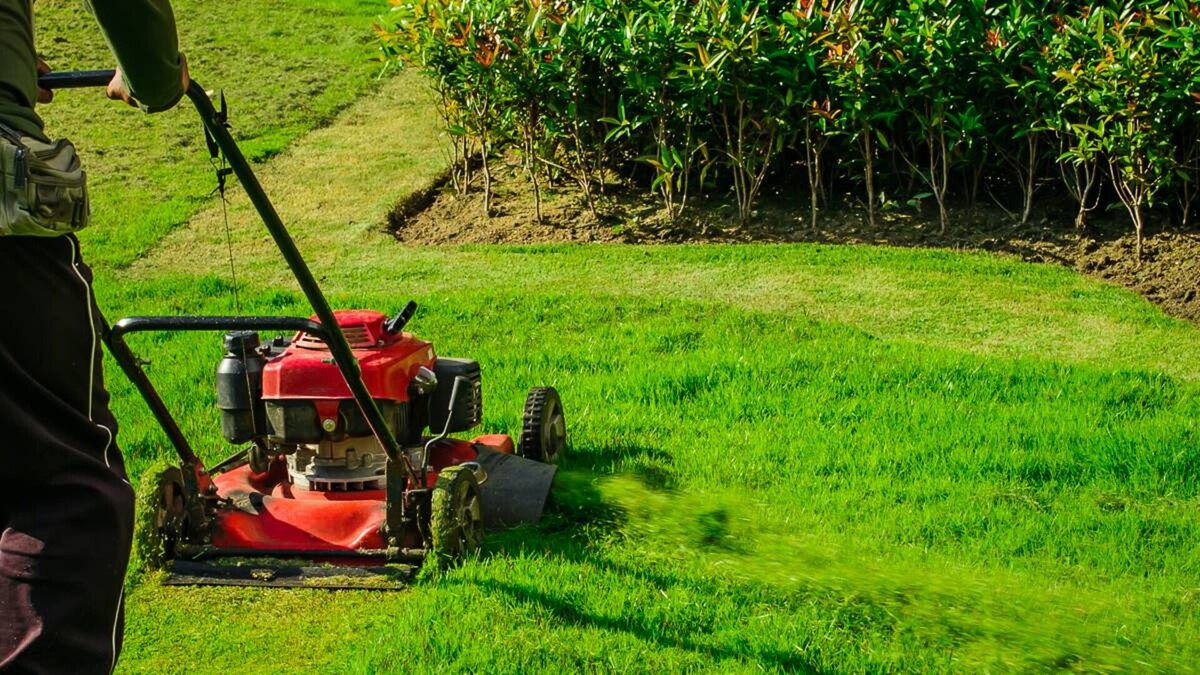

0 thoughts on “What Happens To Grass If You Dont Cut It”